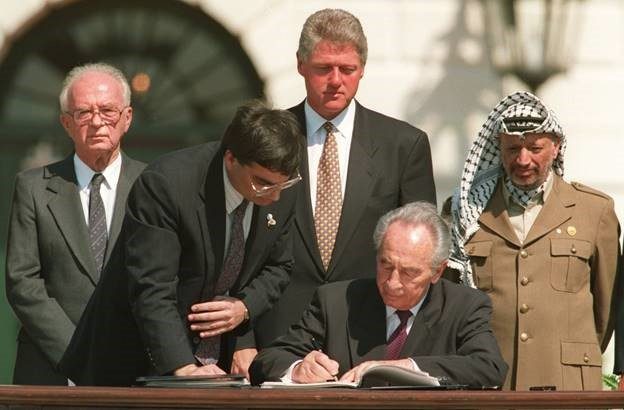When a leader of one country considers whether the time is ripe to commence peace negotiations with the leader of an enemy, there are two important questions that the leader must consider: Is the other leader willing to make the sacrifices necessary to attain peace? Is that leader strong enough to make those sacrifices and enforce the deal internally, that is, is he capable? The answer to both of these questions must be ‘yes.’ A willing but incapable leader is as bad for reaching a peace treaty as a capable but unwilling leader.









